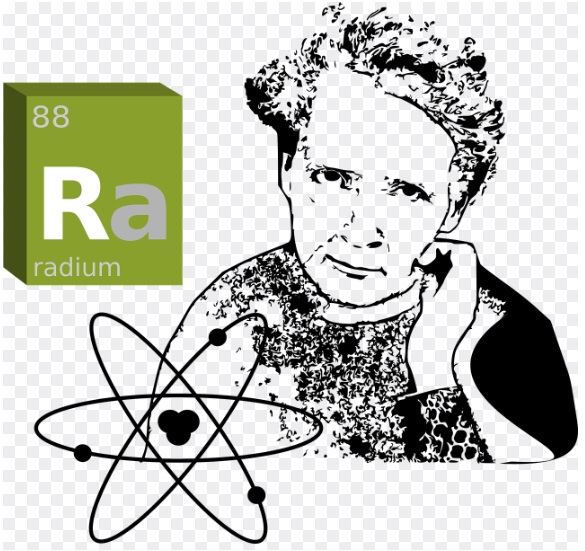Read
Now decide if the sentences below are
True or False:
1. Theodor Mommsen was the first Nobel Laureate in Fine Art in 1901.
2. Bruce Beutler advises to choose a problem that you’d be content to solve.
3. Paul Lauterbur said that you don’t know you’ve got a really good idea unless at least three Nobel laureates have told you it’s wrong.
4. Pursuing various hobbies helps in making scientific discoveries.
5. Georg von Békésy believed that the greatest art and science share the same elements.
6. The MRC Laboratory of Molecular Biology puts considerable emphasis on regular publications.
Key: 1.False; 2. False; 3. False; 4. True; 5. True; 6 False
Glossary
- timid – lacking in courage or self-confidence
- incremental – relating to, rising by increments (=an increase or addition, esp one of a series)
- avocation – something a person does in addition to a principal occupation, especially for pleasure; hobby
- polymath – a person who knows a lot about many different subjects
- to foster – encourage the development of (something, especially something desirable)
Practice makes perfect
Watch
and match the words 1-10 to their definitions a-j
1. to be in awe of
2. to upend
3. densely
4. to captivate
5. hazy
6. verge
7. to come across
8. courtesy of
9. angle
10. exquisite
a) the edge or brink of something
b) to attract and hold someone’s attention
c) in a closely compacted manner
d) unclear or indistinct
e) to turn upside down or completely over
f) to have a feeling of respect mixed with fear or wonder towards someone or something
g) to encounter or find unexpectedly
h) extremely beautiful and delicate
i) the space between two intersecting lines or surfaces at or close to the point where they meet
j) provided by, as a gesture of politeness
Key: 1.f; 2.e; 3c; 4b; 5d; 6a; 7g; 8j; 9i; 10h
Discuss
- What do you know about the different Nobel Prize winners?
- What do Nobel Prize winners have in common?
- Are there any Nobel Prize winners who should not have received the award, in your opinion?
- If you could make a new Nobel Prize category, what would it be and who would win it?
- Do you think a Nobel Prize winner should try to change the world?
Explore more to create your own teaching-learning experience!
Ultra-Fast Laser Trailblazers Win 2023 Nobel Prize in Physics
Pierre Agostini, Ferenc Krausz and Anne L’Huillier received the 2023 Nobel Prize in Physics for using attosecond-scale pulses of light to study the motions of electrons
Read:
https://www.scientificamerican.com/article/nobel-prize-in-physics-2023-announced/
(3478)





